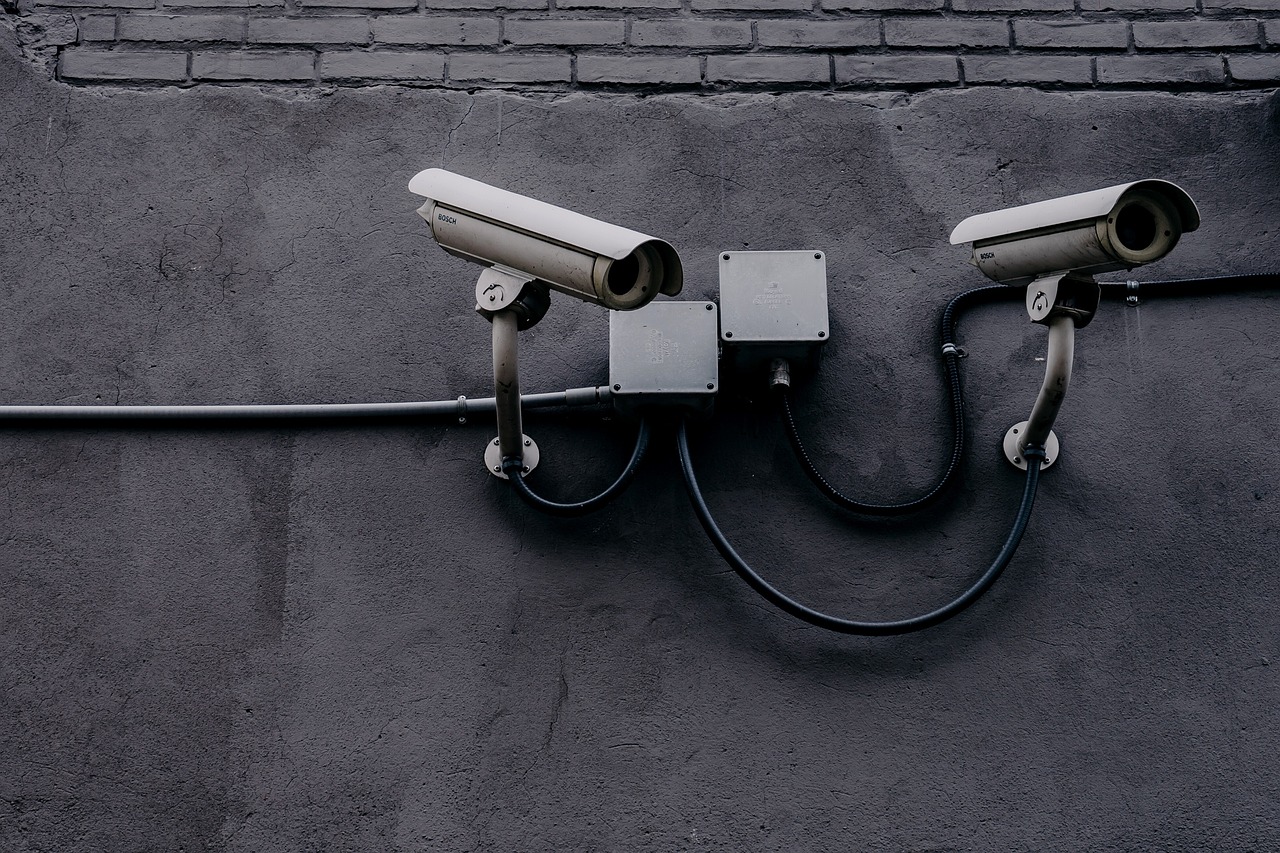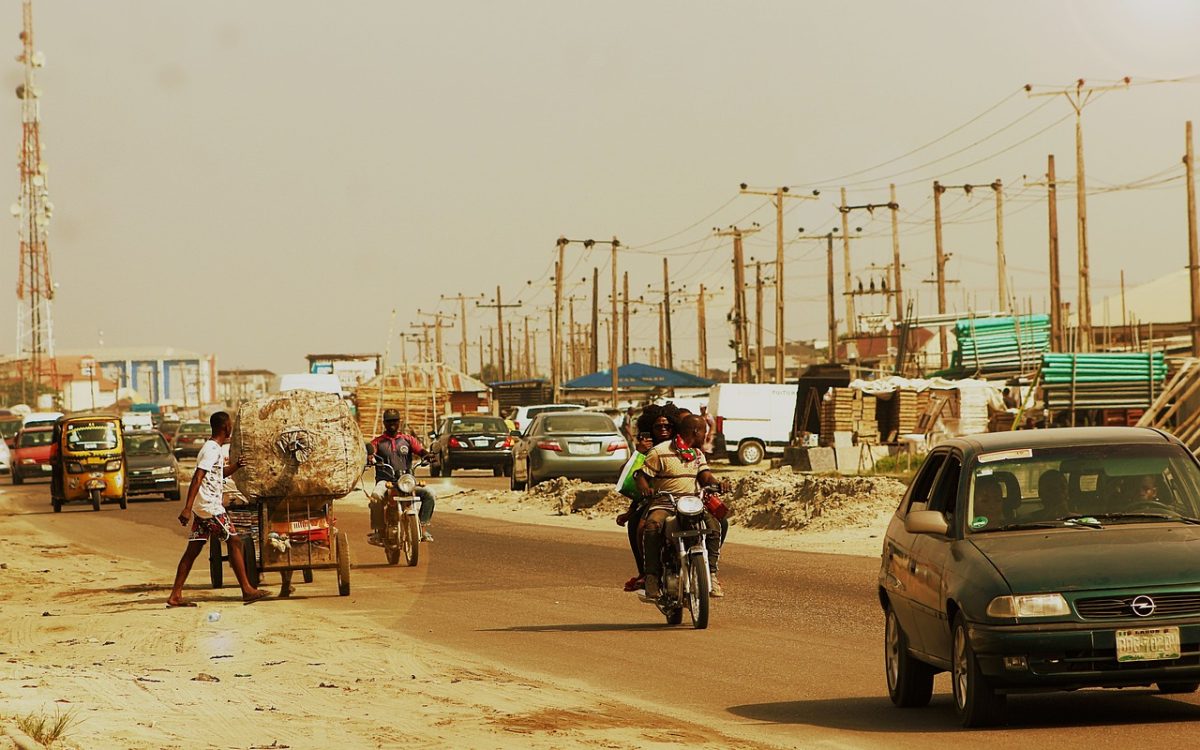One persistent question about the efficiency of security in developed countries is why their agencies, unlike those in developing nations, can easily crack even minor criminal cases. It’s perplexing that in many developing countries, serious incidents like bomb blasts, mass killings, kidnappings, and assassinations happen almost daily without any solid findings. Hollywood movies often portray the FBI and CIA as being capable of solving every crime, and while some dismiss this as mere fiction, others can’t help but marvel at the efficiency with which these agents operate.
Although film directors dramatize the abilities of agents like Jack Bauer, portrayed by Kiefer Sutherland, to detect crimes and foresee dangers, there is some truth in how security works in developed societies. These agencies can control and monitor people’s movements while sitting in their offices. They oversee activities on buses, trains, motorcycles, bicycles, the internet, and even phone communications. In such societies, almost no activity goes unnoticed. A person engaged in illegal communication from their home is apprehended; one who visits illegal websites is monitored, and a thief in a supermarket is tracked. In short, almost no act passes without being detected.
In contrast, the situation in developing countries is vastly different. Terrorists can attack police stations, stadiums, electoral offices, government buildings, schools, and even churches without detection. Kidnappings, assassinations, bank robberies, and arson occur frequently, and no one is held accountable. In developed countries, a letter touched by a suspect can be traced for years, as was the case with a letter by Bin Laden that helped U.S. security agencies locate him. But in developing countries, a handwritten letter sent to the police often yields no results, as seen in the case of a letter allegedly sent to Nigerian security agencies before a bomb blast at the police headquarters in Abuja by Boko Haram. The letter, which threatened a serious attack, went unheeded.
 In the developed world, even a single object unknowingly touched by a suspect can lead to their capture. However, in developing nations, a gun recovered from a killer may not provide any clues about a mass killing. It raises the question: Are criminals in developing countries more security-conscious? The answer is clearly no. Many of the perpetrators in these regions are so uneducated that they don’t even worry about leaving behind evidence of their crimes.
In the developed world, even a single object unknowingly touched by a suspect can lead to their capture. However, in developing nations, a gun recovered from a killer may not provide any clues about a mass killing. It raises the question: Are criminals in developing countries more security-conscious? The answer is clearly no. Many of the perpetrators in these regions are so uneducated that they don’t even worry about leaving behind evidence of their crimes.
Nigeria, unfortunately, is one of those countries where impunity and insecurity are rampant. Almost every week, people fall victim to bomb blasts, gang attacks, armed robberies, mob violence, or cult-related killings. What’s even more alarming is that those who should protect the citizens often become targets themselves, sometimes even more frequently than ordinary citizens. When doctors fall ill, one can’t help but wonder if the patients are expected to treat them. So, who will save Nigerians from these self-inflicted wounds?
On May 18, 2011, The Nation published a headline that read, “FG may engage FBI, CIA, others to probe explosion.” This sparked mixed reactions among Nigerians. Some argued that it was a sign of the incompetence of Nigeria’s security forces, while others saw it as a good move. Yet, no one seemed to consider that Nigeria’s problem might be more complex than it appears. No one mentioned the possibility that even the most sophisticated security agencies could struggle in a country like Nigeria. This is not just because of its large population but also because, logistically speaking, Nigeria is severely underdeveloped.
In countries like the United States, security agencies can monitor people’s movements because of the widespread presence of surveillance cameras—in every corner of the city, shops, schools, hospitals, churches, and streets. Every phone number is registered, every car has a fixed number, and every birth and death is documented. Digital fingerprint databases store the records of every citizen. But can the same be said for Nigeria? Obviously not. That’s why a criminal can leave behind evidence of their crime and remain undetected, as they often exist in no official records. Banks are easily robbed because the perpetrators know that even if a video captures them, it might not lead to their identification. Why is this the case in Nigeria? Stay tuned for part two of this discussion.
”The truth might be hard to say, painful to bear or even drastic for the truth sayer but still needed to be said”. ALISON.
-
Facebook
-
Twitter
-
Linkedin
-
Whatsapp
-
Telegram






